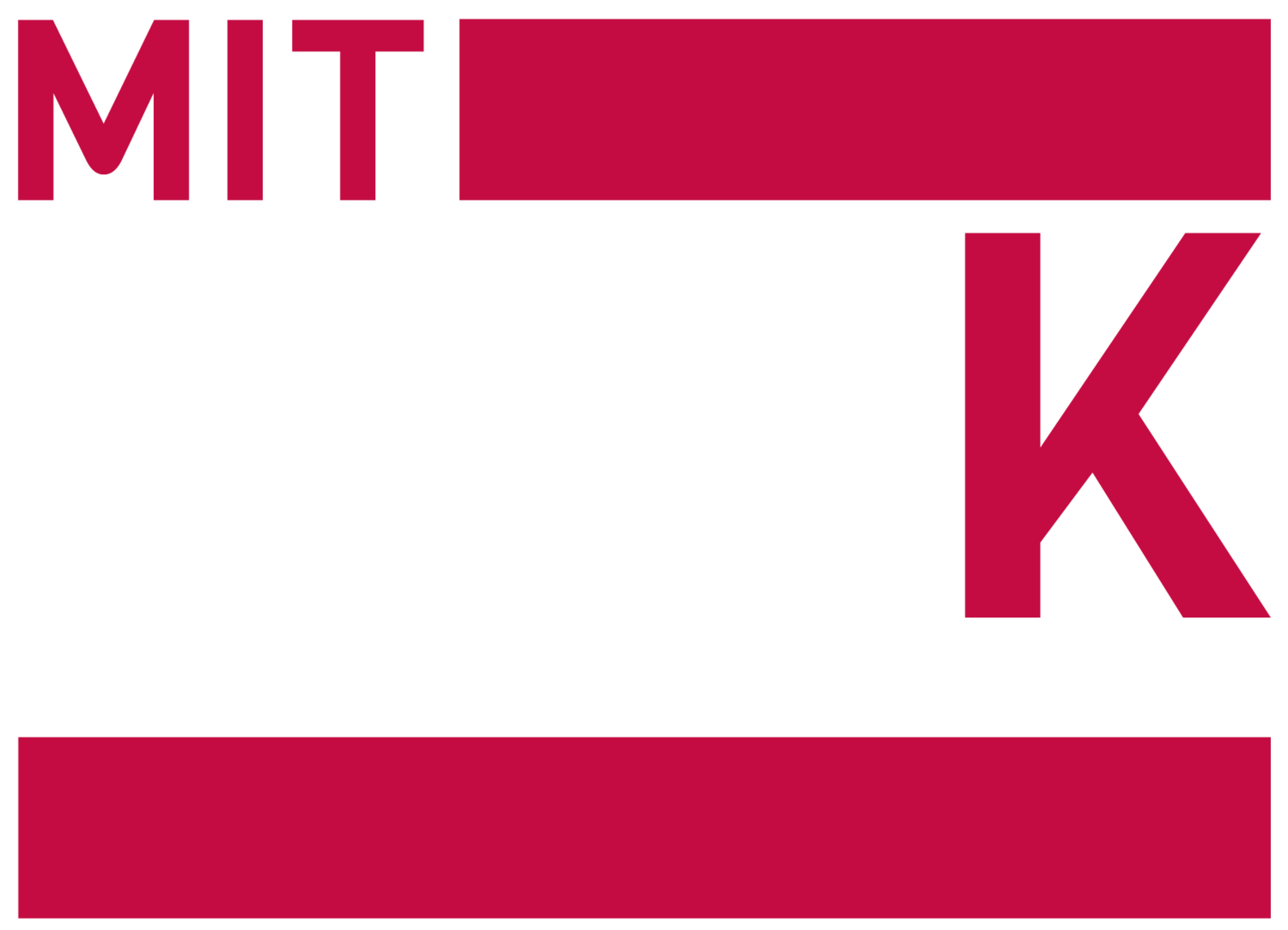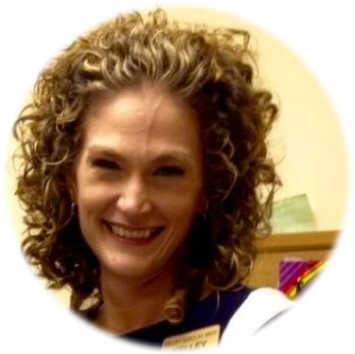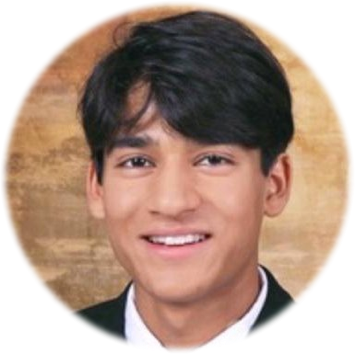Who's on your team?
Diana Yousef (CEO; AB Biosciences Harvard, PhD Biochemistry Cornell, MBA & MA International Development Columbia, RA at MIT)
Huda Elasaad (CTO; MechE MIT, MS Envir Eng UMich, BS Geosciences McGill, RA @ MIT D-LAb); Yongji Wang (Systems Engineering; MS Math Univ Cambridge, PhD CEE MIT)
Matt Rosen (Development & Production; BS MechE Tufts, MSEM MIT); Yunteng Cao (Chem Engineering; PhD CEE MIT)
Nadir Ait-Laoussine (Strategy/Biz Dev, BS Envir Sci UMich, MA Urban Planning Harvard GSD)
What problem are you trying to solve?
2.6Bn people around the world lack access to safe, dignified sanitation. This is because these people largely live "off-line" (i.e. with no access to power or plumbing). When there is no way to flush away sewage, the cost of sewage removal becomes unsustainably costly.
What is your solution?
Our solution to overflowing off-line sewage is to shrink it. We are developing the next generation portable toilet to vaporize off-line sewage. We've developed a material that passively, rapidly vaporizes the liquid content of sewage, releasing only pure water vapor. Leveraging this material, we are developing a portable evporative toilet for homes with no power or plumbing. The toilet uses our material to vaporize (or "flush away") 95% of daily sewage volumes at the point of generation. This toilet will go anywhere, fit any home, is completely stand-alone, zero-pollutant discharge, and won't strain local water resources.
What inspired you to start your company?
Diana & Huda are from the Middle East, and wanted to do something to help with water strain and scarcity in the Region. As we learned about the sanitation crisis faced by refugees in Za'atari, and the broader problems of gender-based violence that is sanitation-related, and the high number of girls who drop out of schools that lack proper toilets. The problem of off-line sanitation was daunting, but solving it has a huge multiplier effect on peace, planet and prosperity.
What's been the most surprising aspect of this process?
How many times we've lived to see another day. Also, how important telling the story is--that is how you attract team, partners, funding.
What’s been the most valuable piece of advice you’ve received?
Talk to your customers! Go with your passion!
What are you most looking forward to for the Launch finals?
telling our story!!













